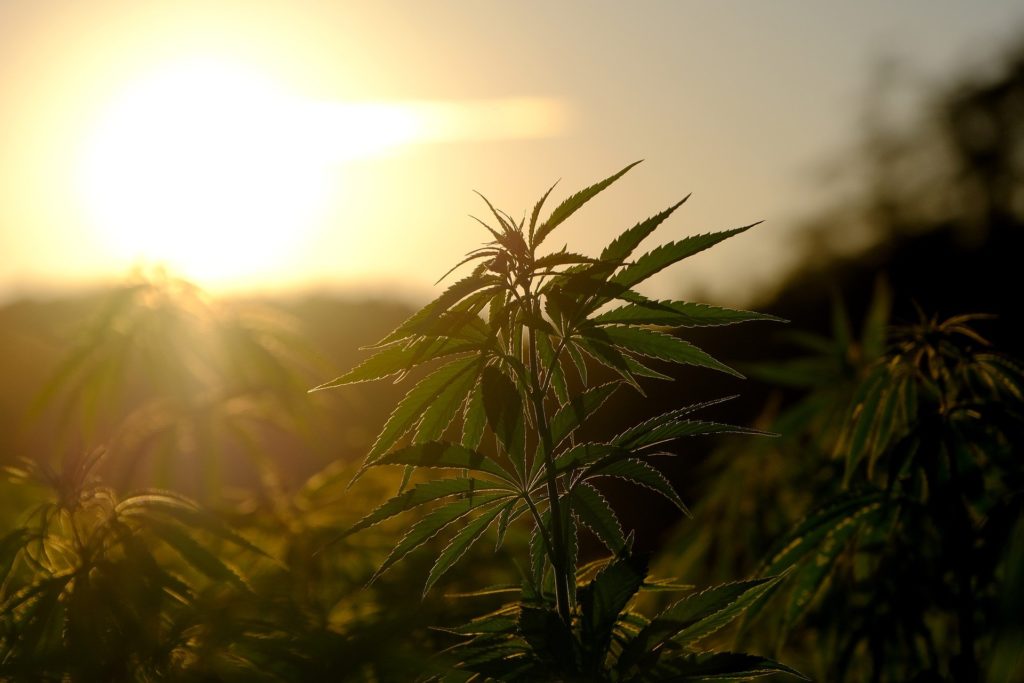Legal cannabis is still subject to the same inflationary pressures as everything else, forcing many state markets into offering customers heavy markdowns.
By, AMANDA PAMPURO on www.courthousenews.com
DENVER (CN) — Friday afternoon is unusually slow at Dank Recreational and Medical Dispensary in Denver, giving manager Jake Heim time to talk between ID checks.
“We’re seeing less traffic and purchase amounts are going down,” he said. “People don’t have disposable income, so even our medical customers are dialing down to what they really need.”
Dank opened in 2009 as Colorado’s 13th legal dispensary. In his eight years on the job, Heim said he’s never seen the market like this.
In July, price per pound of flower fell to $709 in Colorado, the lowest since the state revenue department started reporting prices in 2014. That’s nearly half of what it cost to get high in 2020.
The trend is not just burning through Colorado but appears across legal markets from California to Massachusetts. Data firm Cannabis Benchmarks reports the national average dropped $21 in July to $1,333 per pound, on a trajectory anticipated to remain low through the end of the year.
While the price decrease might seem positive for consumers paying more for groceries, gas and rent, economists say the cannabis market is stuck between inflation trends on the business end and a decreased demand on the party front.
“Just because the price of wholesale cannabis is declining, that does not mean cannabis is inflation-proof,” said Andrew Livingston, director of economics and research at the law firm Vicente Sederberg. “What it means is that there are other factors outweighing the pressures of inflation, and that makes it even harder for cannabis businesses because they are being squeezed from both sides.”
Click here to view the whole article By, AMANDA PAMPURO on www.courthousenews.com



